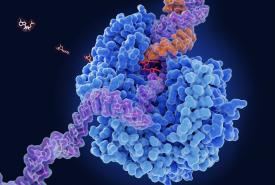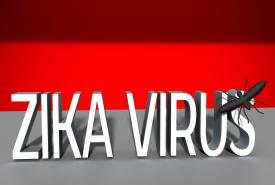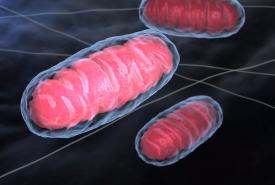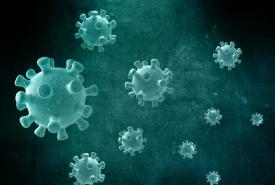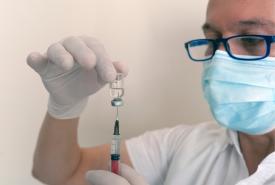Zydus seeks DCGI approval for the use of Pegylated Interferon alpha-2b in COVID-19
Zydus Cadila announced that its Phase III clinical trials with Pegylated Interferon Alpha 2b, PegiHepTM has shown promising results in treating COVID-19. In what could be a breakthrough in the disease management of COVID-19, the interim results indicate that PegIFN when administered early on, could help patients recover faster and avoiding much of the complications seen in the advanced stages of the disease. PegIFN in COVID19 has several add-on advantages compared to other anti-viral agents.



